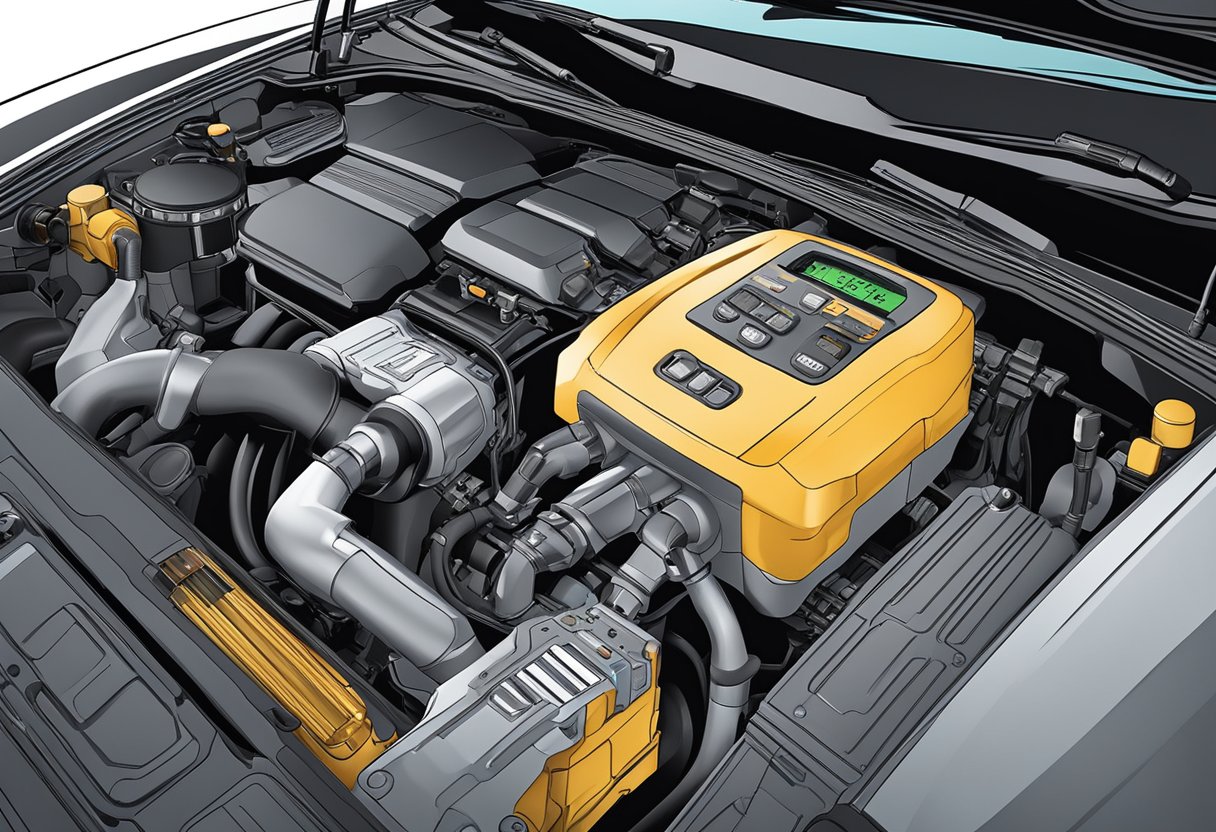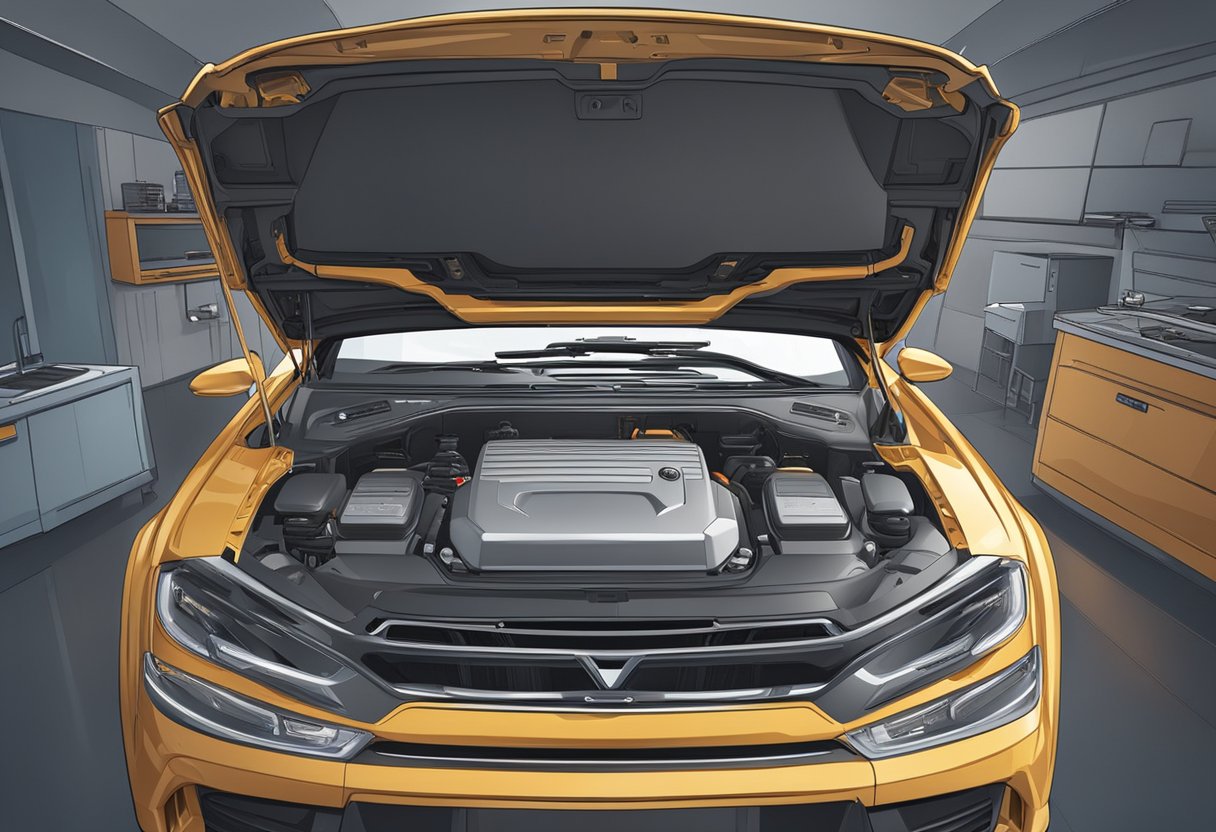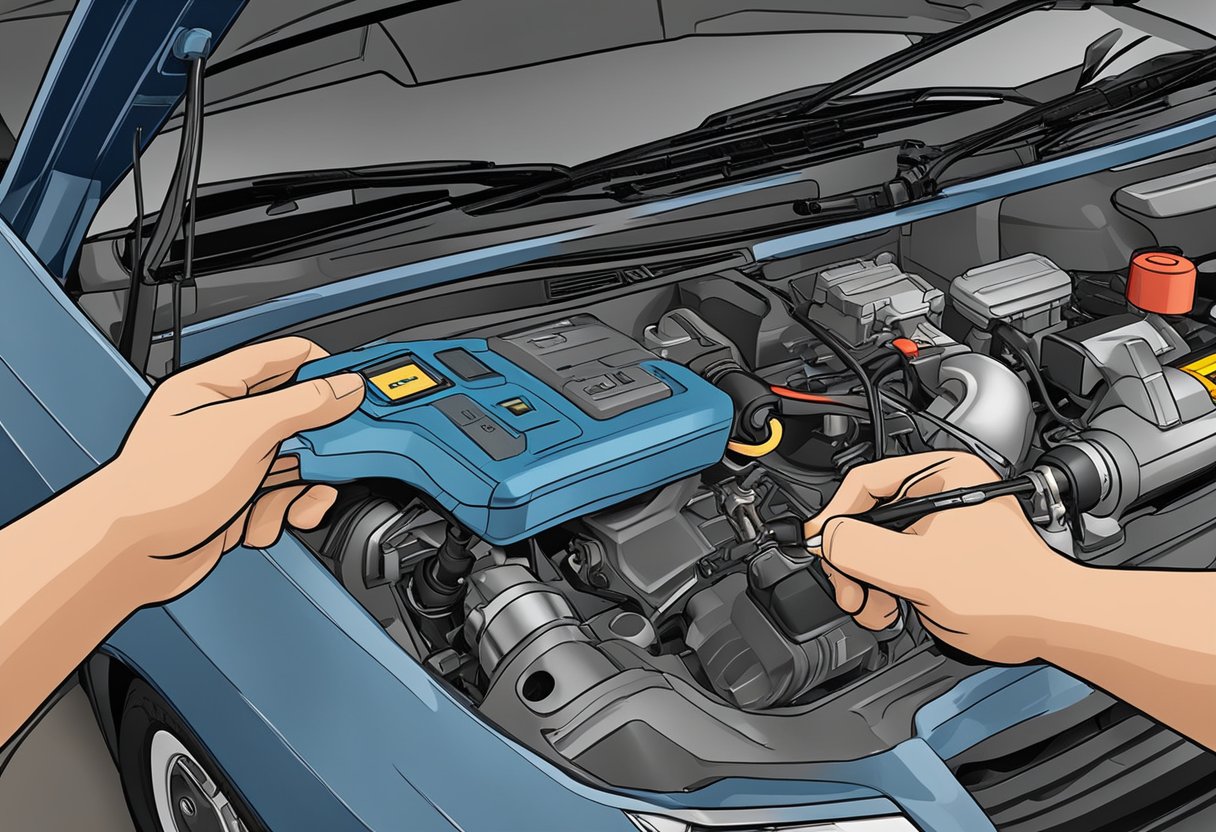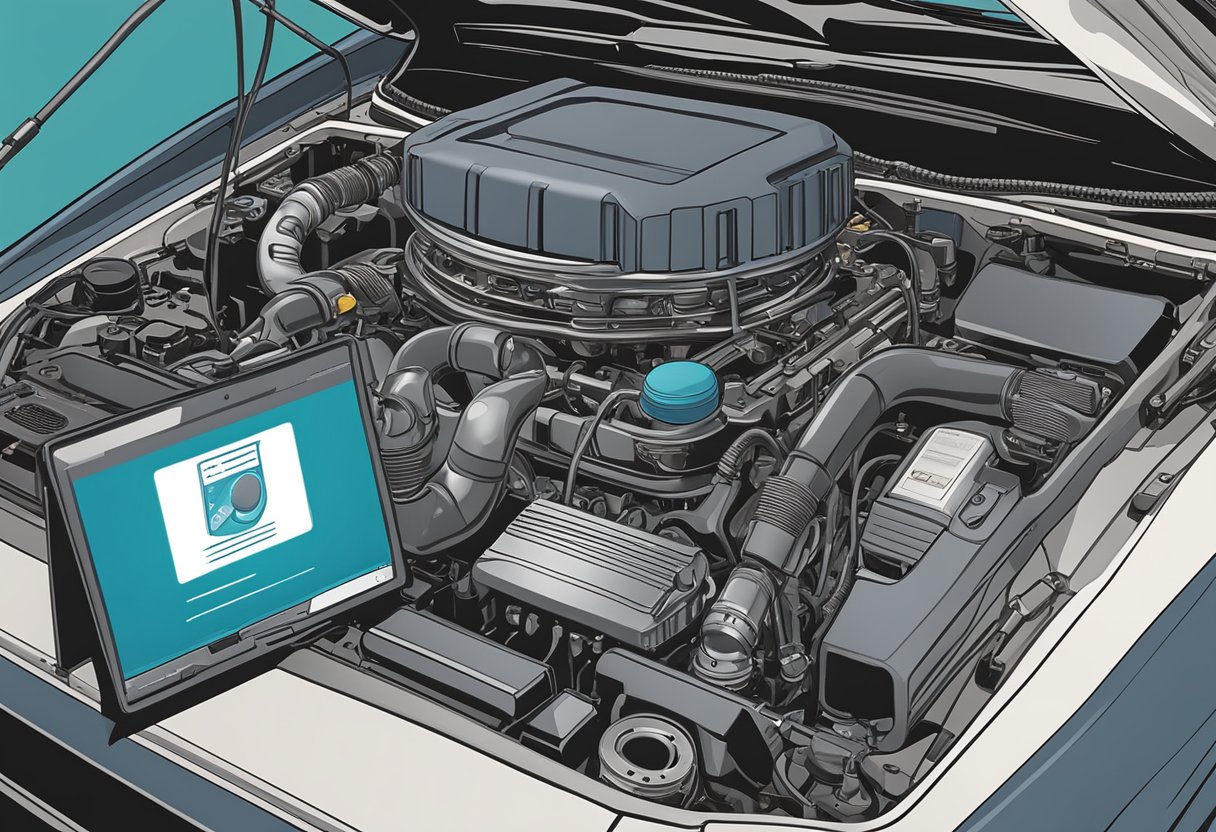Addressing P1399: Random Cylinder Misfire Detection
If you own a vehicle and have ever experienced a check engine light, you are likely familiar with the anxiety it can cause.
One of the most common codes that may appear is P1399, indicating a random cylinder misfire.
This code can be frustrating and difficult to diagnose, but understanding its potential causes and solutions can help you address the issue and get back on the road with confidence.
A random cylinder misfire occurs when the engine’s computer detects that one or more cylinders are not firing properly.
This can lead to a variety of symptoms, including rough idling, decreased power, and reduced fuel efficiency.
The causes of a random cylinder misfire can range from simple issues like a faulty spark plug or dirty fuel injector to more serious problems like a damaged engine component or malfunctioning computer system.
In this article, we will explore the common causes of P1399 and provide tips for diagnosing and repairing the issue.
Overview of P1399 Code
If you are experiencing issues with your vehicle’s engine, it is possible that it may be displaying a P1399 code.
This code indicates that there is a random misfire in one or more cylinders of the engine.
The P1399 code is a generic OBD-II code, which means that it is used by all vehicle manufacturers.
The P1399 code can be caused by a variety of issues, including faulty spark plugs, ignition coils, fuel injectors, or even a clogged fuel filter.
Additionally, low fuel pressure or a vacuum leak can also cause a misfire.
It is important to note that the P1399 code does not provide specific information about which cylinder is misfiring, which can make it more difficult to diagnose the issue.
One of the most common symptoms of a P1399 code is a rough idle or a noticeable decrease in engine performance.
Additionally, the check engine light may also be illuminated.
If you are experiencing any of these symptoms, it is important to have your vehicle diagnosed by a qualified mechanic to determine the root cause of the issue.
In summary, the P1399 code is a generic OBD-II code that indicates a random misfire in one or more cylinders of the engine.
This code can be caused by a variety of issues, and it is important to have your vehicle diagnosed by a qualified mechanic to determine the underlying cause of the issue.
Causes of Random Cylinder Misfire
If you have been experiencing random cylinder misfire, there can be several causes behind it. Here are some of the possible causes:
-
Faulty spark plugs: Worn-out, fouled, or damaged spark plugs can cause misfires.
It is recommended to replace spark plugs after every 30,000 miles to avoid such issues.
-
Ignition coil failure: Ignition coils are responsible for providing the spark to ignite the fuel in the cylinder.
If any of the coils fail, it can cause misfires.
-
Fuel delivery issues: If there is a problem with the fuel delivery system, such as clogged fuel injectors or a malfunctioning fuel pump, it can cause misfires.
-
Vacuum leaks: Vacuum leaks can cause air to enter the engine, which can lead to misfires.
Check for any cracked hoses or gaskets that may be causing a vacuum leak.
-
Low compression: Low engine compression can cause misfires.
This can be due to worn-out piston rings, damaged valves, or a blown head gasket.
-
Engine timing issues: If the engine timing is off, it can cause misfires.
This can be due to a faulty timing belt or chain, or a malfunctioning camshaft or crankshaft position sensor.
It is important to diagnose the root cause of the misfire to avoid further damage to the engine.
A qualified mechanic can perform a diagnostic test to determine the cause of the misfire and recommend the appropriate repairs.
Diagnostic Procedures
When diagnosing a P1399 code, it is important to follow a systematic approach to avoid overlooking any potential causes.
Here are some diagnostic procedures to help you identify the source of the random cylinder misfire:
-
Check for any other codes: Before focusing on the P1399 code, check for any other codes that may be present.
Other codes can provide valuable clues as to the root cause of the misfire.
-
Inspect spark plugs: Faulty or worn spark plugs can cause misfires. Inspect the spark plugs for signs of wear, damage, or fouling.
Consider replacing them if necessary.
-
Check ignition coils: Faulty ignition coils can also cause misfires. Check the ignition coils for any signs of damage or wear.
Consider replacing them if necessary.
-
Inspect fuel injectors: Clogged or faulty fuel injectors can cause misfires. Inspect the fuel injectors for any signs of damage or wear.
Consider cleaning or replacing them if necessary.
-
Check compression: Low compression in one or more cylinders can cause misfires.
Check the compression in each cylinder using a compression tester.
Consider performing a leak-down test to identify any potential issues.
By following these diagnostic procedures, you can identify the source of the random cylinder misfire and address the P1399 code.
Remember to use caution and follow proper safety procedures when working on your vehicle.
Can a Random Cylinder Misfire Cause Emission Control Issues?
Can a random cylinder misfire cause emission control issues? Yes, it can. When a cylinder misfires randomly, it fails to burn fuel efficiently, leading to increased emissions. This can trigger the p0449 code, indicating a problem with the evaporative emission control system. If you’re dealing with this, here are some tips for fixing the p0449 code.
Repair Strategies
When it comes to addressing P1399, there are several repair strategies that you can consider. Here are some of the most common ones:
-
Replace spark plugs: Worn or damaged spark plugs can cause misfires, so replacing them can often solve the problem.
It’s important to use the correct type of spark plug for your vehicle and to follow the manufacturer’s recommended replacement interval.
-
Replace ignition coils: Faulty ignition coils can also cause misfires.
If you suspect that this is the case, you can replace the affected coil or coils.
It’s a good idea to replace all of the coils at the same time to prevent future problems.
-
Check fuel injectors: Dirty or clogged fuel injectors can cause misfires.
You can clean them or replace them if necessary. It’s important to use the correct type of injector for your vehicle.
-
Check fuel pressure: Low fuel pressure can also cause misfires.
You can test the fuel pressure with a gauge and replace the fuel pump or fuel filter if necessary.
-
Check engine compression: Low engine compression can cause misfires.
You can test the compression with a compression tester and repair any issues with the engine.
It’s important to diagnose the root cause of the misfire before attempting any repairs.
This can save you time and money in the long run.
If you’re not comfortable performing these repairs yourself, it’s best to take your vehicle to a qualified mechanic.
Preventative Measures and Maintenance
To prevent P1399: Random Cylinder Misfire Detection, regular maintenance and preventative measures are essential.
Here are some tips to help you avoid this issue:
-
Regular tune-ups: Regular tune-ups can help identify and fix any issues before they become a bigger problem.
This includes replacing spark plugs, wires, and other components that can cause misfires.
-
Fuel system maintenance: Keeping your fuel system clean and in good condition can help prevent misfires.
This includes cleaning or replacing fuel injectors, fuel filters, and the fuel pump.
-
Air intake system maintenance: A clean air intake system can help prevent misfires.
This includes replacing air filters and cleaning the throttle body.
-
Using high-quality fuel: Using high-quality fuel can help prevent misfires.
Low-quality fuel can contain contaminants that can cause misfires.
-
Avoiding harsh driving conditions: Harsh driving conditions, such as driving on rough roads or in extreme temperatures, can put extra strain on your engine and increase the risk of misfires.
By following these preventative measures and performing regular maintenance on your vehicle, you can help prevent P1399: Random Cylinder Misfire Detection and other engine issues.
As an Amazon Associate we earn from qualifying purchases.















